This post is made possible with support from the American Academy of Pediatrics through a cooperative agreement with the Centers for Disease Control and Prevention. All opinions are my own.
It Takes a Village
There’s a saying that it takes a village to raise a child. I don’t think I ever fully grasped that notion until I became an adult, and then again when I became a parent. The village brings support from other people so the weight of parenting doesn’t fall on an individual.
I can remember when I was pregnant with baby #3 while knowing that hospice was coming to my parents once weekly. I was going to their home for several days each month with the kids at that point, but as my pregnancy progressed, the doctor was less than thrilled with the idea of traveling four hours from home when my blood pressure was slowly creeping up. He knew my mom wasn’t well, but he still had to put me on modified bed rest.
Bed rest with an almost 4-year-old and an almost 2-year-old when you don’t have family who can help doesn’t make for an easy or effective bedrest. That’s when I learned just how important having that proverbial village can be and who was in mine. Mom friends stepped in and took the kids to the park with them, squeezing in extra car seats into their vans and some bringing a casserole for dinner. Neighbors and family members brought groceries and meals for our freezer.
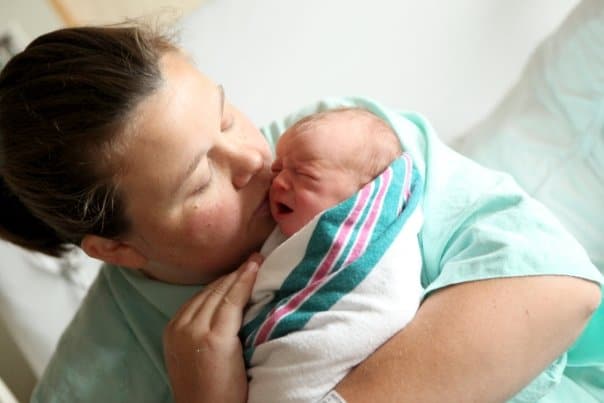
During this time, my oldest was turning four and we had plans to go–with permission–to visit my parents for a few days with one of my sisters for company and to make sure that I was okay and had extra hands for childcare needs. We were due to head up on Sunday. On Friday, my dad called, explaining we may need to hold off because Mom wasn’t feeling well. Saturday midday the phone rang and that was that. I remember hearing my dad say she was gone. Then I remember screaming for my husband and not much else for a week or so.
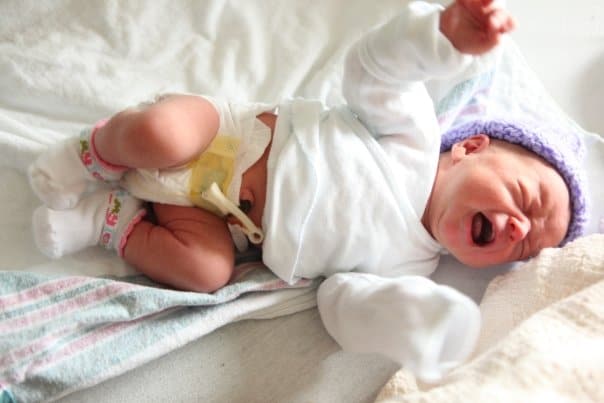 I can’t tell you exactly what my village did in the weeks that followed my mom’s passing. I can tell you that friends and other ladies in our MOMS club brought dinners, took the kids, and when the baby girl arrived 5 ½ weeks early just under 2 weeks after mom died, they came again. And again. They just showed up.
I can’t tell you exactly what my village did in the weeks that followed my mom’s passing. I can tell you that friends and other ladies in our MOMS club brought dinners, took the kids, and when the baby girl arrived 5 ½ weeks early just under 2 weeks after mom died, they came again. And again. They just showed up.

It’s never going to be clear in my mind what happened in those weeks, and it’s been a long time for me to be okay saying that and accepting it. I just know that when I fell apart, my village held me up. Someone came and showed my husband how to make pigtails in my 4-year-old’s hair. Someone checked in to see what he might need at least every few days, probably more. The kids had the time of their lives because half of the MOMS club picked them up one day or another for a playdate or a park date or something, and let my husband take care of the baby and me.
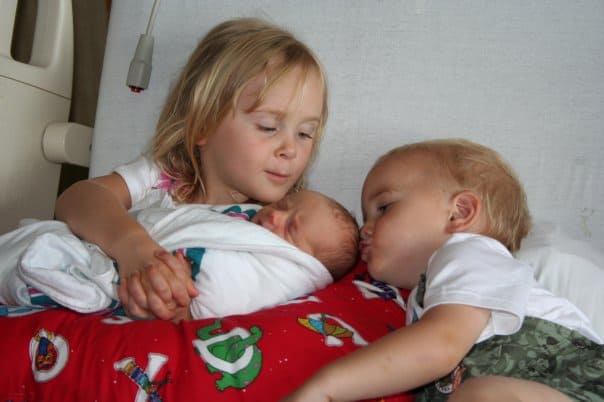
Once upon a time, I thought my village would be family, both on my side and my husband’s side. As life has happened, that hasn’t been the case. But along the way, some friends have become family, and I’ve become closer to my own family as well. They’ve given me the strength and courage to do things such as being brave and realizing our pediatrician was not the right fit for our family, and then helping find one who could be a support for all of us, and not just shuffle kids in and out. Our pediatrician quickly became more of a friend, and even when she moved back to her hometown and left our practice, we stayed because the whole office had become part of our village.
Sadly, in a lot of places that village just isn’t in place. This can be in part due to location, illness, family dynamics, abuse, or something else. But what we as a society are learning is that village is more important than ever before, and we need to build it for ourselves and contribute to others.
Why is this proverbial village so important? The short answer is that it offers support and education for families so that Adverse Childhood Experiences (which shall be referred to as ACEs for the remainder of this post) are either prevented or support comes after an ACE occurs to minimize the impact on the child(ren) later on in life. You may not recognize an Adverse Childhood Experience by that name, but when I explain to you what these ACES include, you’ll quickly realize that these are all too common and you may have experienced one or more yourself.
What are ACEs?
Adverse Childhood Experiences (again, ACEs), are events and circumstances that can cause trauma for children during the first 18 years of their lives. Examples of ACEs include abuse (physical, emotional, or sexual), neglect, witnessing domestic intimate partner violence, and divorce or separation. The impact of ACEs can show in many ways for the rest of a person’s life.
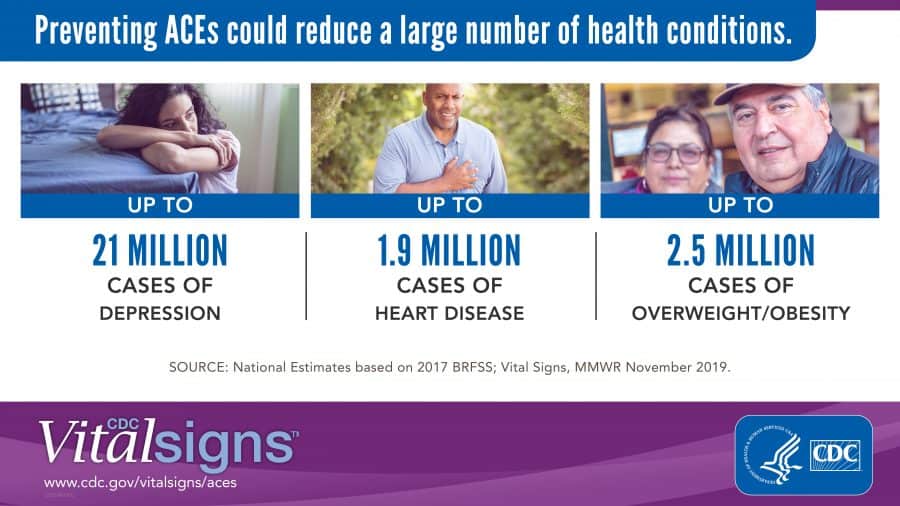
How common are ACEs?
ACEs may not be happening in your home, but chances are, they are happening very close by. 1 in 6 adults have experienced four or more ACEs. 61% of all adults have experienced at least one. These are sad and sobering statistics.
ACEs can affect mental, emotional, and physical health throughout a person’s lifetime. Medical issues, substance abuse, depression, anxiety, and more are correlated to ACEs. One example: There is a link between ACEs and depression in adults––and the reality is such that addressing ACEs could reduce the number of adults with depression by as much as 44%.
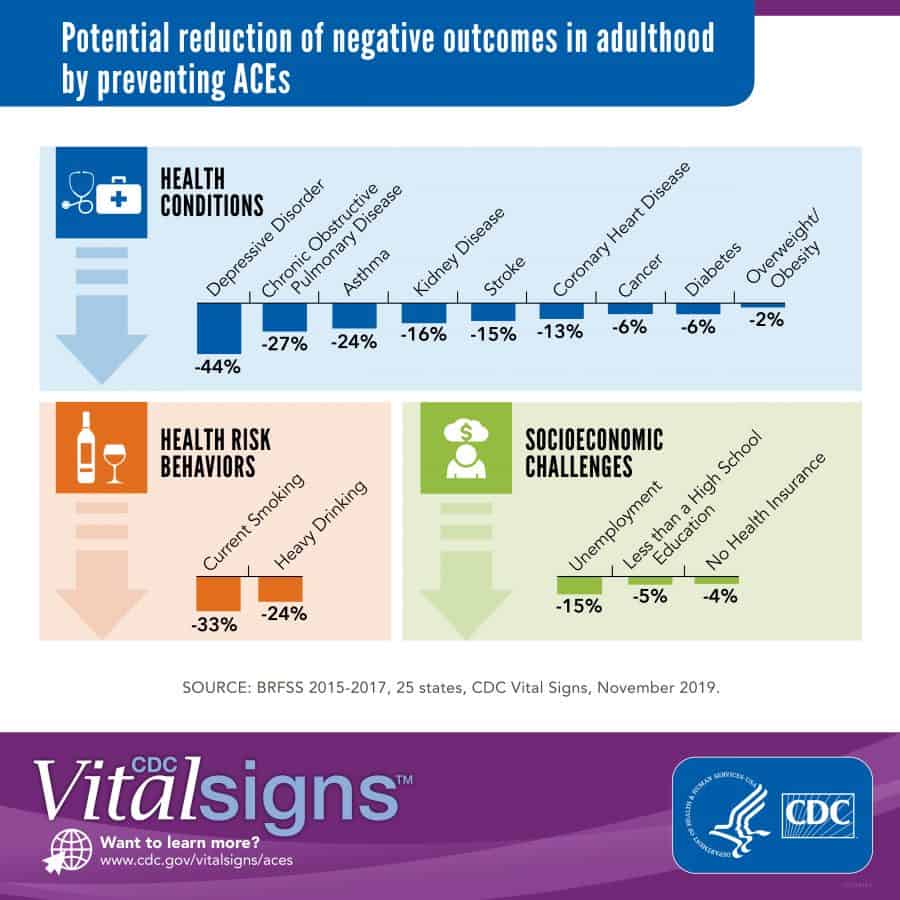
When I learned all of this in a webinar with the CDC last week, I wanted to cry. These are bleak outlooks for far too many children. I kept thinking something has to be DONE! We have to be able to DO something! Of course, as the webinar progressed, we learned about what can be done.
Find your village for support
We are human and crave human interaction and contact, regardless of age. As children, we need guidance and nurturing until we become adults, at which time we are hopefully able to support other people. Finding your village gives adults and children alike access to safe, stable and nurturing relationships and environments (SSNREs).
How do you find your village?
Find others you can trust. Your pediatrician. A teacher. A neighbor. A friend. A friend’s mom, aunt, older sibling. Perhaps there’s an organization in your area for others with similar family dynamics or backgrounds, or kids in those households. Maybe they offer support for adults and kids. Find them and use their services. Look for your village and discover where you feel supported.
These supports are where you turn when something happens, when life is hard, when things seem bleak, or when you need a break. This is your village. The village is the three (or more!) supports you rely upon and trust. You’ll see a hashtag on social media #findyour3 and that’s what the hashtag is about. Find the three that make your village.
If you don’t need the support of others, why not be one of someone’s three?
You can also be one of the three for others. I try to be a support to others, offering to bring other kids to practice when I know they have younger siblings or their parents have to work. Look for friends who are a single parent and have their child over to they can go out without worrying about paying for a babysitter. Perhaps a child is struggling emotionally and needs to vent to someone who isn’t their parents – you can be a support for them.
I have a challenge for you today. I want you to identify three people or resources you (and your children) can rely on to create those safe, stable, and nurturing relationships and environments. You can also be part of someone else’s “three,” providing vital support. Then go and talk to others about ACEs and the importance of finding your three so we can start to prevent and mitigate ACEs and support families from all walks of life.
Lisa B says
I can not imagine having to be on bed rest with two little ones. It sounds like you have an amazing support system. I found I needed a village when I was raising my kids. It is so important to ask for help when you need it.
Amy H says
Some days it feels like my village gets smaller and smaller, but I don’t know what I would do with out them when it came to raising my family!
Lizzie Lau says
Yes! I arrived in the United States 8 months pregnant, and on my own. If I hadn’t found my village I don’t know how I would have coped.
Ruth I says
It’s so great to have a support when you need it. I do not have a family of my own so I support my sisters. I take care of their kids and try to be available when they need help.
1stopmom says
I dedicate had a village while raising my family. My Aunt and cousins were very important parts of it. They were always there when I needed then.
Louisa says
I couldn’t agree with you more. Having close friends and family aka a village that you can lean on (and that can lean on you in times of need) cannot be overemphasized. I am thankful for my siblings and relatives.
Ice Cream n Sticky Fingers says
I lost most of my village several months ago and it is tough. I still have a few that would help when they are able but I don’t have a ton to rely on. It’s tough. I’m working hard to rebuild my village.
Beth says
I’m so glad that you had a lot of support when you needed it the most! When my oldest children were small, we had a great group of friends that were supportive like that, it was wonderful! Those statistics about ACEs are quite sobering. I wish my mom had a better support system when I was growing up.
Lynndee says
I have my in-laws to rely on – my brother-in-law and his family. When my husband had a heart attack, they gave their 100% support. They even took a week off work just to be with us at the hospital. Grateful for them.
Brandy says
It is great to have a village. I did have a few people that were awesome when my firstborn came around but then when I had two boys it seems my family disappeared a bit. That’s how I learned they seem to favor girls, sigh. Anyway, I did end up with friends as a great village and a fabulous pediatrician too. Was wonderful to read this!
Mitch Chaitin says
When we took our adopted son home, our village included my parents, and my in-laws. They provided invaluable help and advice. Soon our village came to include all the other parents in the neighborhood, we all looked out for each other’s kids, and now that they are teens, we still do! This is how it should be for all of us, and it sends a good message to the kids as well.
Brianne Tursi Manz says
Having extra help, especially when your children are fairly close in age, is a blessing. I don’t know what I would have done without the support I got from my husband as well as my family and close friends.
Amber Myers says
It’s always nice to have help. I was grateful when my mom and MIL were able to come down after I had my kids to help out. It made all the difference.